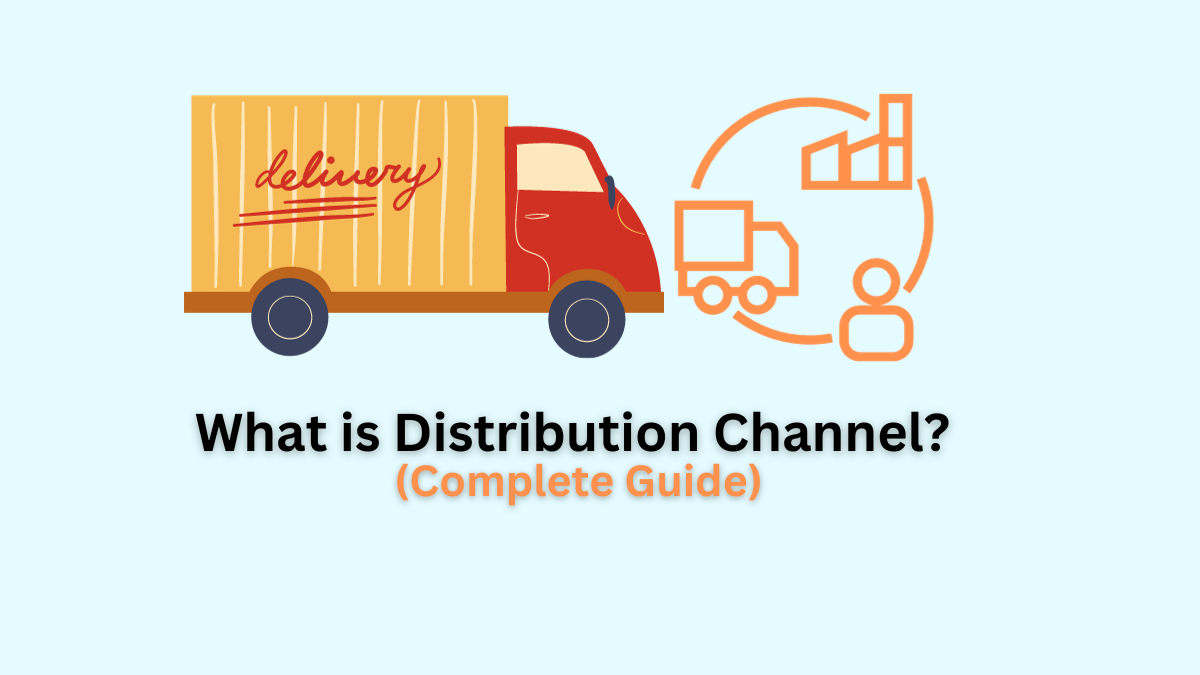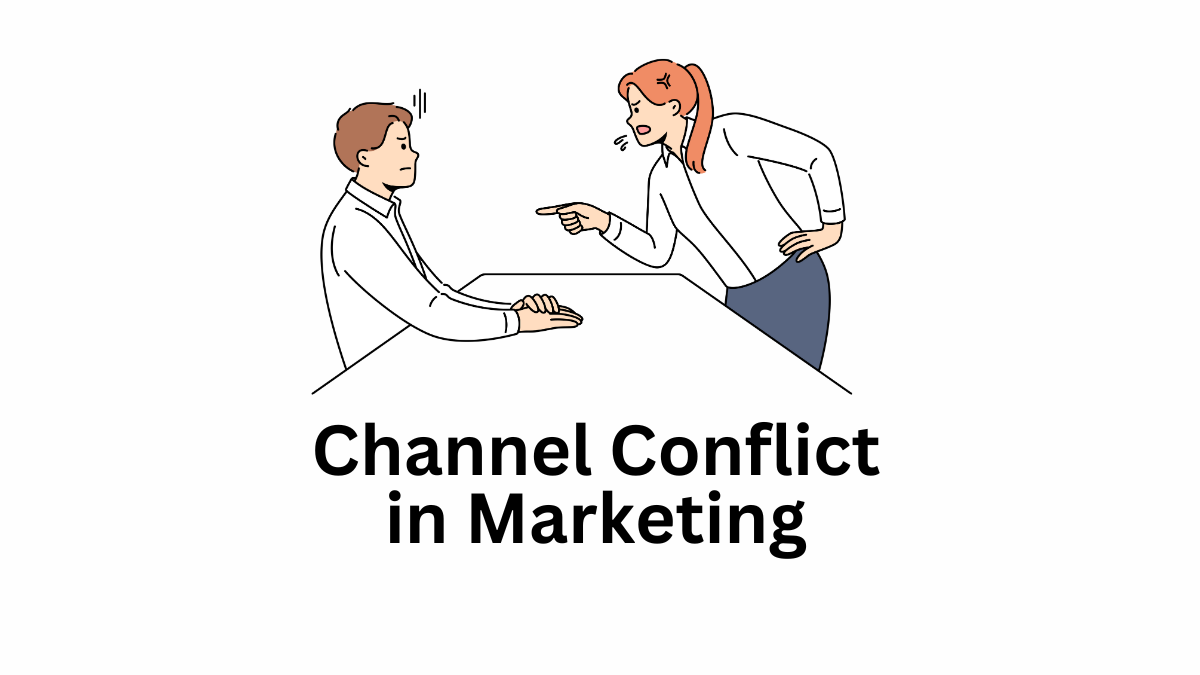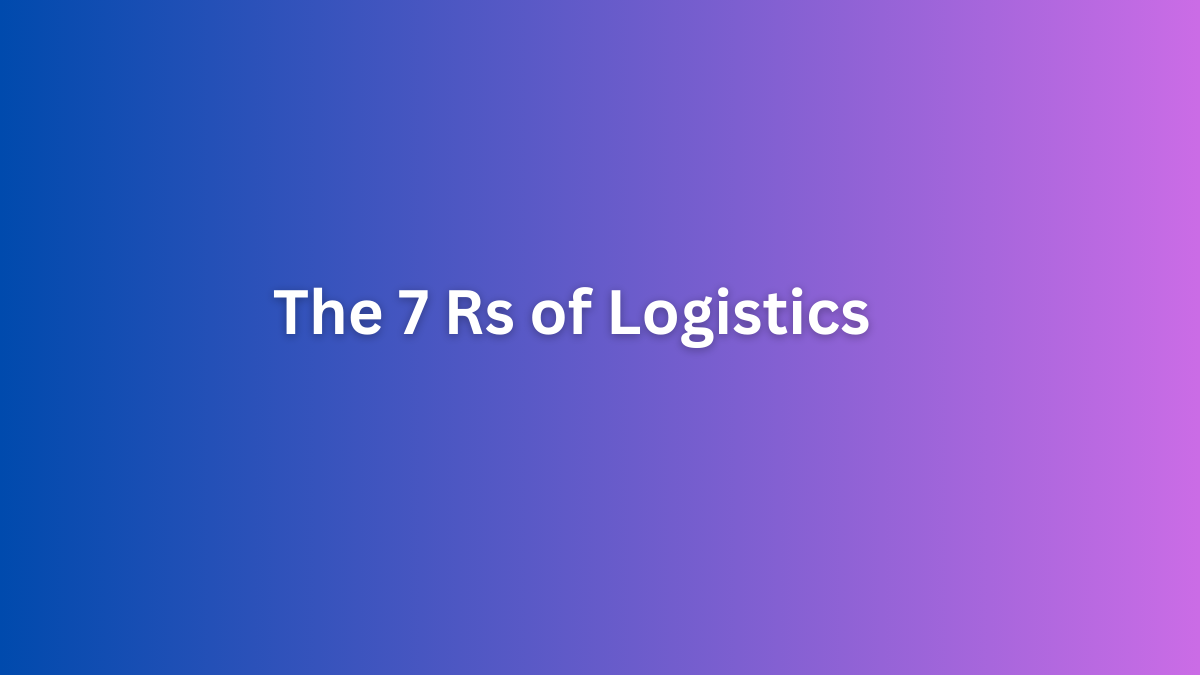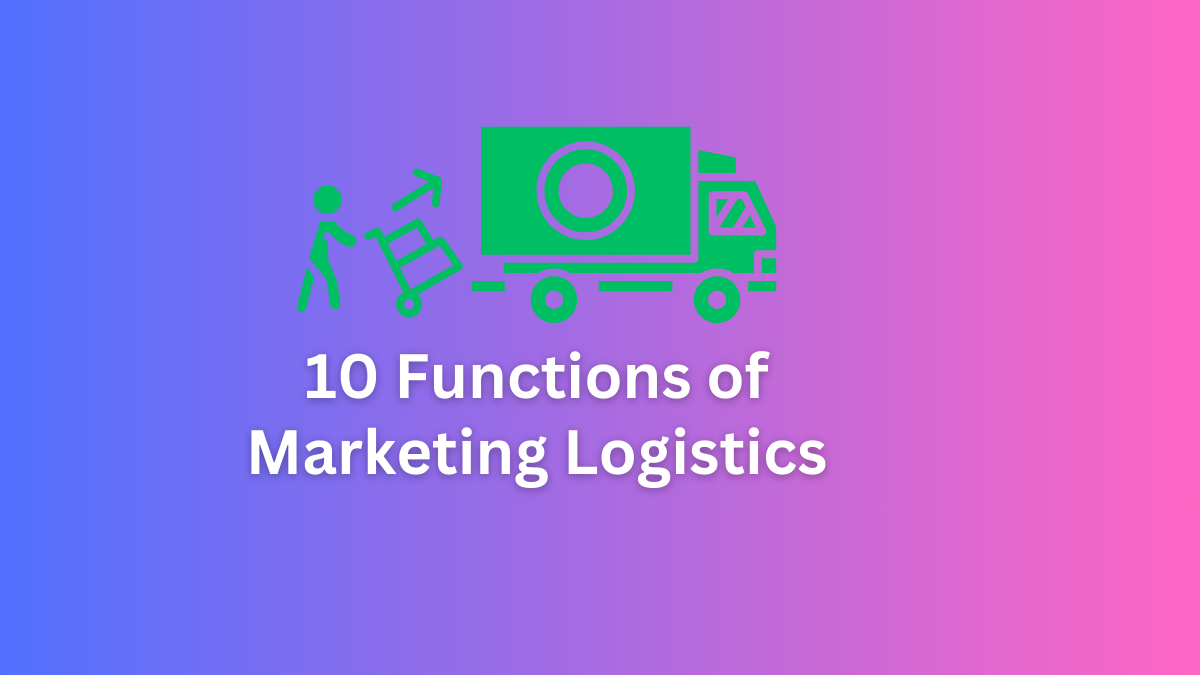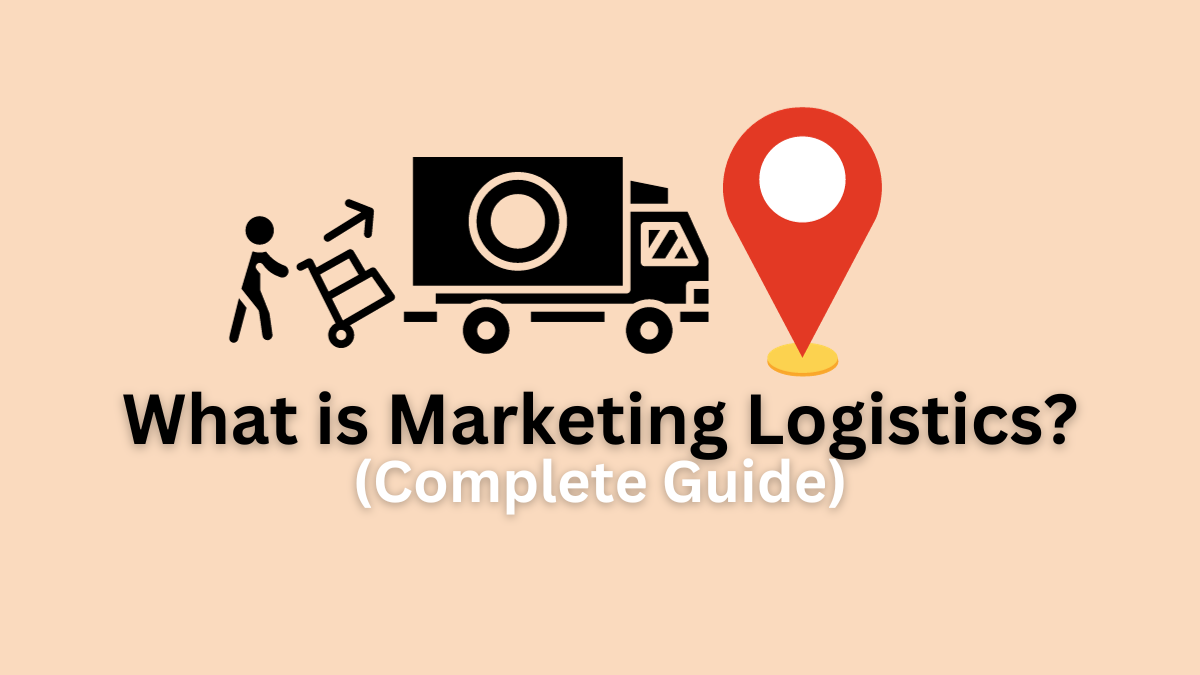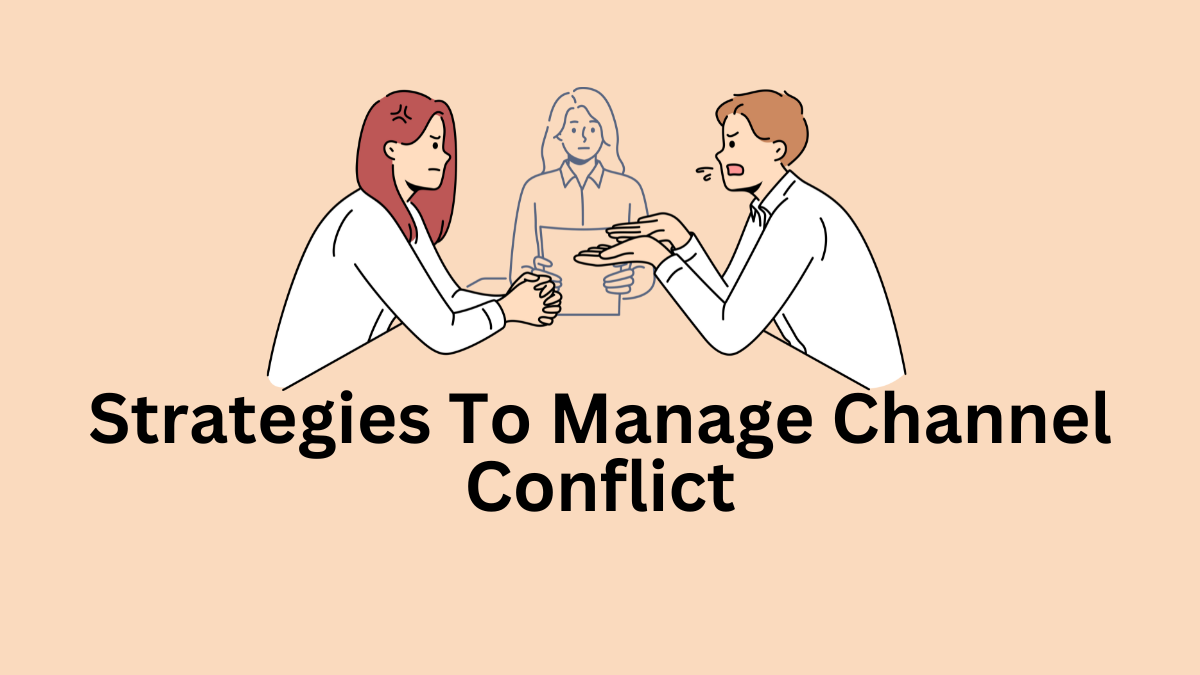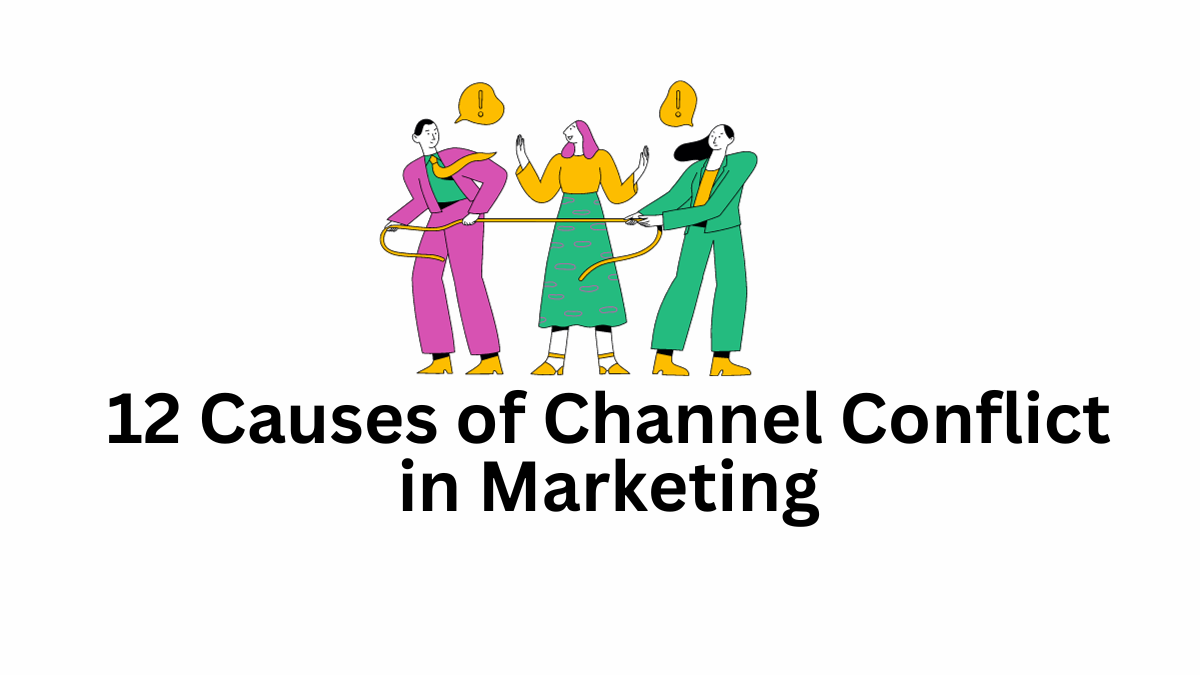What is Distribution Channel? Definition, Functions, Types, Examples, and Selection Factors
What is a Distribution Channel? A distribution channel is the path a product takes from being made to being in your hands, making sure it gets to you in the easiest and fastest way possible. A distribution channel is like a journey for a product, starting from where it’s made to where it’s bought by … Read more
